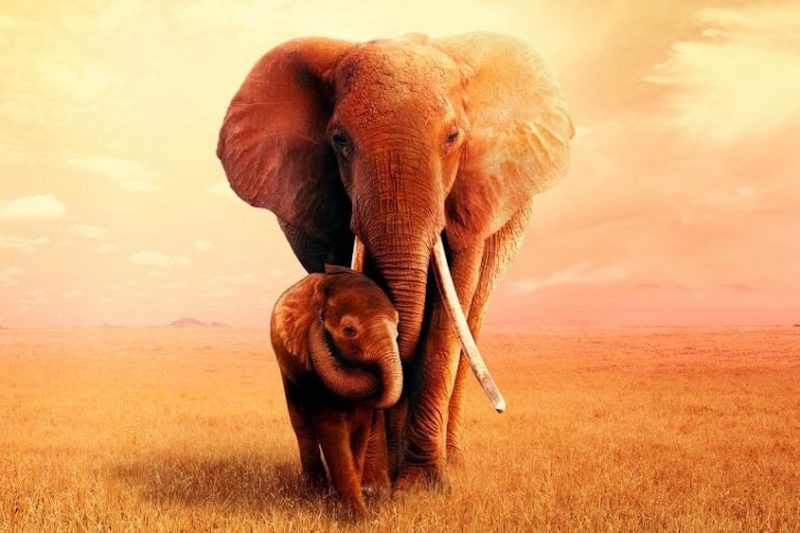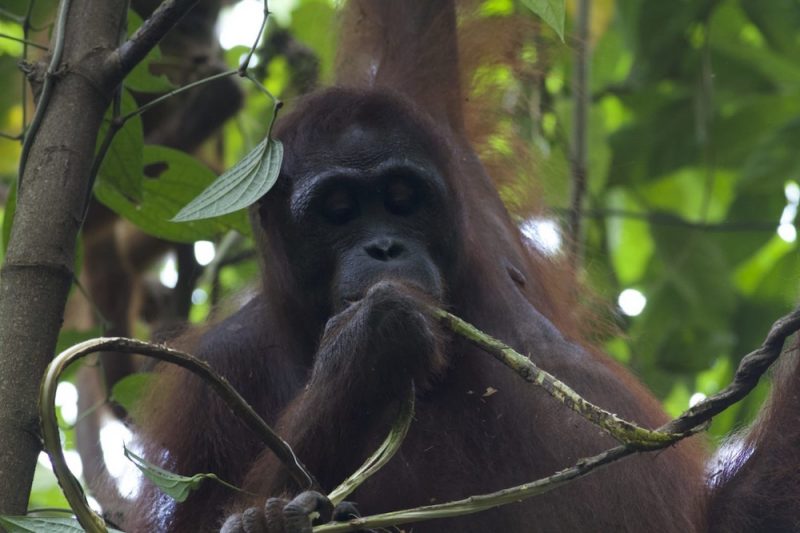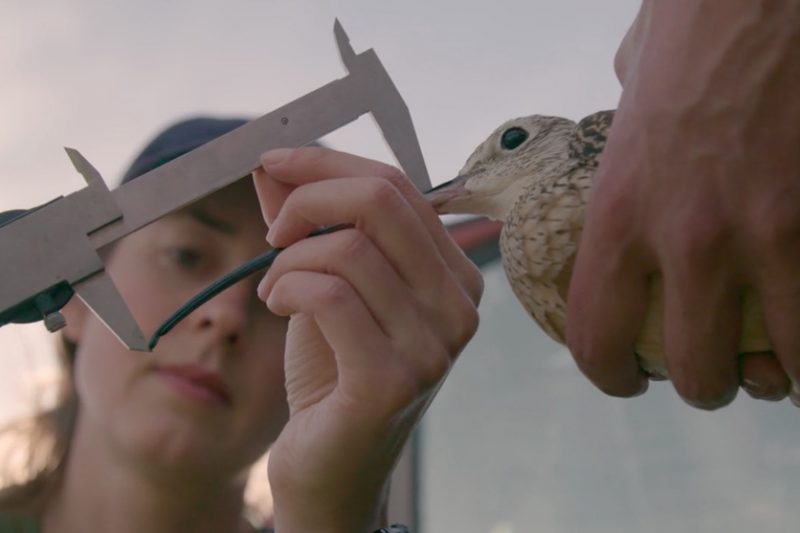The 43rd annual International Wildlife Film Festival, which champions wildlife filmmakers and conservation, is available online April 18-25, thanks to the generosity and cooperation of filmmakers, production teams and sponsors.
Nearly 60 of the 2020 selections will be free to stream for the week of the festival, April 18-25. Viewers are encouraged to “plunge into each film profile to learn more about the makers and subjects of each selection.”

Although the annual WildWalk parade and Wildfest are postponed until 2021, IWFF encourages fans to “dress up as your favorite Australian animal to bring awareness to the devastation to wildlife” brought on by that nation’s brutal wildfire season. Post a photo with the hashtag #wildwalk2020 and participate in the Virtual WildWalk on April 18.
Every year, 3,000-plus students from western Montana participate in the International Wildlife Film Festival’s Youth Matinee Program. This year, due to COVID-19 restrictions, those showings are postponed until fall.
Also on hold is the IWFF Labs, which has been postponed until 2021. This innovative program is designed to help bridge the gap between scientists, filmmakers, and the public by providing the training and resources necessary for successful science communication.
An International Wildlife Film Festival Virtual Pass helps support the 43-year-old film festival and its home, the Roxy Theater, which is committed to presenting quality cinema year-round to the Missoula community. The pay-what-you-can pass gives holders access to daily-featured events, behind-the-scenes footage, extra interviews, live Q&As, resources, activities, and access to a streaming library.
Donate buttons are also available on the website.
Founded in 1977 at the University of Montana, IWFF is the first and longest running event of its kind. “We want this to be the children’s film festival, we want to be the first-putter’s film festival, we want to be the down-home film festival, we want to be the scientifically accurate film festival,” said founder and renowned wildlife biologist Chuck Jonkel.
In 2002, the festival purchased the historic Roxy Theater as its home. In 2013 The Roxy launched its year-round screening series and began an extensive collaboration with the university, businesses and the community, serving a diverse, all-ages population with broad programming. A unique historic venue, The Roxy houses three cinema screens with HD projection, 35 mm projection, state-of-the-art sound systems and two stages.


